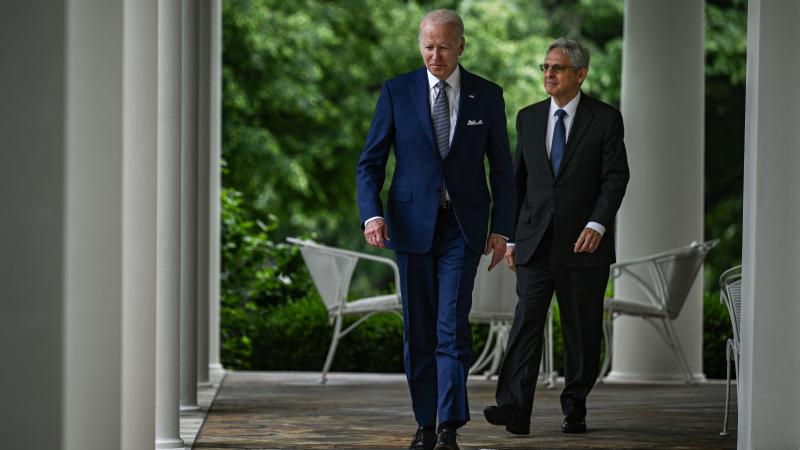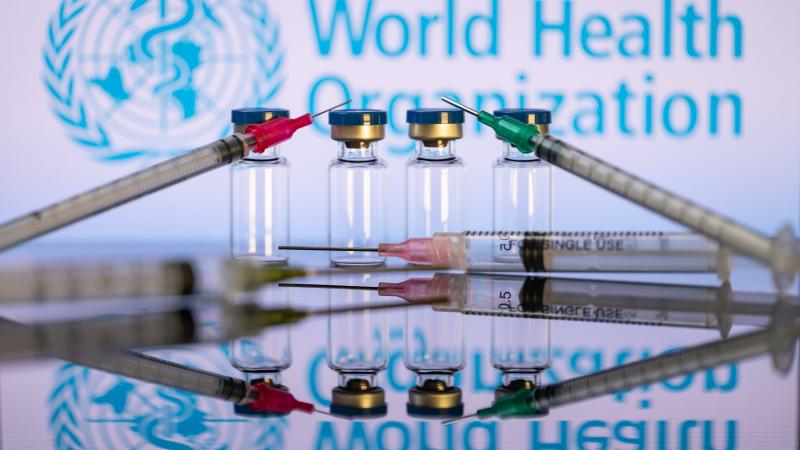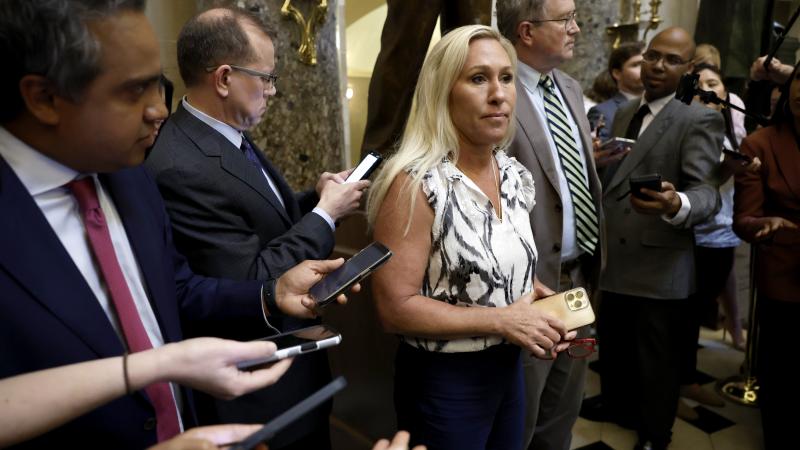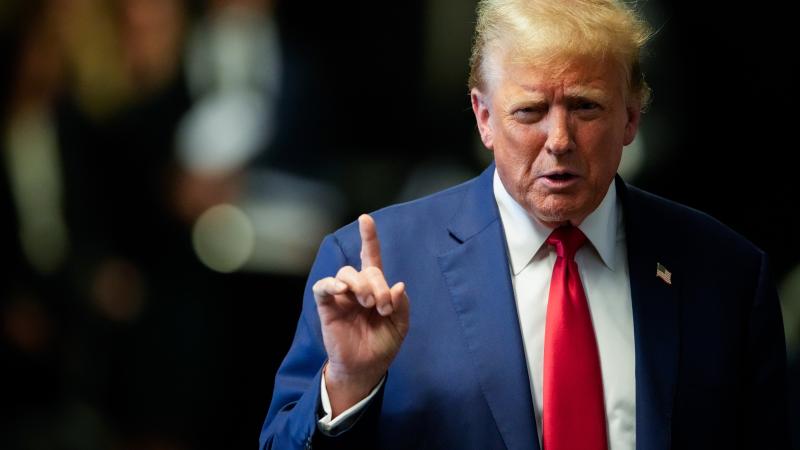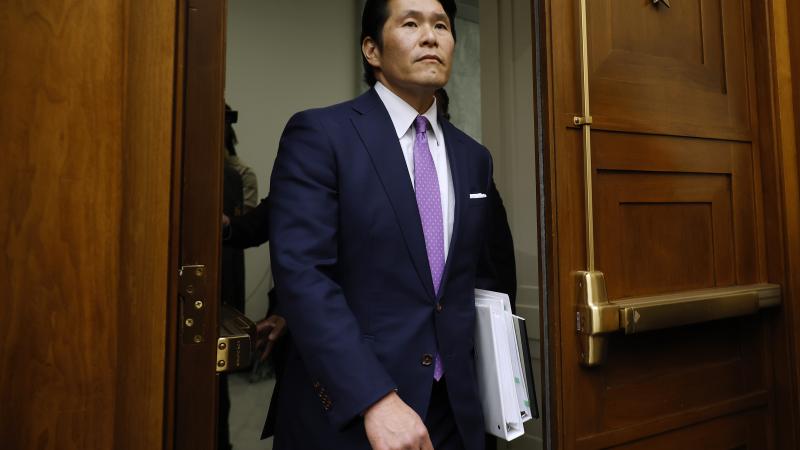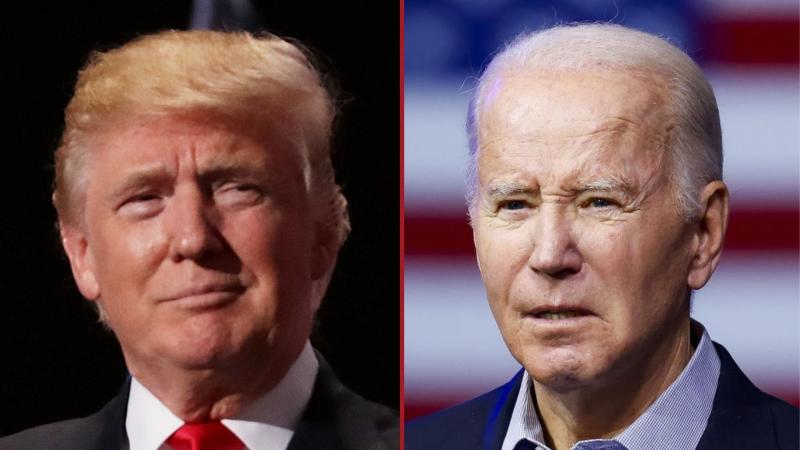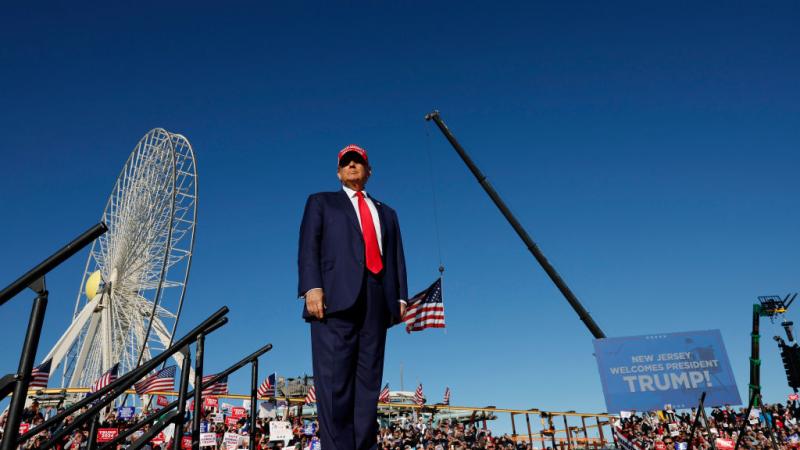Gov. Abbott signs Texas CHIPS Act into law 'to promote onshoring microchip production'
Gov. Greg Abbott signed the Texas CHIPS Act into law, less than a year after praising the federal CHIPS Act being signed into law last August.
(The Center Square) -
Gov. Greg Abbott signed the Texas CHIPS Act into law, less than a year after praising the federal CHIPS Act being signed into law last August.
The Texas CHIPS Act, HB 5174, filed by Rep. Greg Bonnen, R-Friendswood, received overwhelming bipartisan support. The bill passed by a vote of 136-9 in the House and by 28-3 in the Senate.
At a bill signing on Friday posted on social media, Abbott said, “Texas ranks number 1 in the United States for semiconductor manufacturing for the expansion of the semiconductor industry.” The new law will “bolster Texas’ position nationally and internationally when it comes to semiconductors,” he said.
“The bottom line is that Texas has already paved the way to be number 1 in the country. This bill expands that pathway to ensure that Texans will be leading the way for semiconductors for decades to come.”
This morning, I signed into law the Texas CHIPS Act, which will ensure Texas remains the home of innovation in semiconductor research and manufacturing. Proud to work with members of the Texas Legislature to keep Texas the #1 state for semiconductor production. pic.twitter.com/hqm8t9eh7X— Gov. Greg Abbott (@GovAbbott) June 8, 2023
The new law creates the Texas Semiconductor Innovation Consortium and a Texas Semiconductor Innovation Fund. The fund “leverages federal CHIPS Act money to promote onshoring microchip production,” he said.
The consortium will serve as an advisory panel to the governor and legislature and be governed by an executive committee tasked with developing and executing a comprehensive statewide strategic plan. The Legislative Budget Board has projected the law will have a “negative impact of ($1,685,358) through the biennium ending August 31, 2025.”
The consortium, executive committee and others will work with staff from higher education institutions, non-profit stakeholders and others, to develop a comprehensive strategic plan related to semiconductor innovation, research, design and manufacturing. They will also attract public and private investment and identify and expand opportunities for workforce training and development related to semiconductors, among other goals.
The Innovation & Technology Caucus of the Texas Legislature praised the bill being signed into law, saying it “helps Texas remain a leader in microchip production by leveraging federal funds to invest in semiconductor research, production, and workforce development.”
Prior to the federal CHIPS Act being passed by Congress, Abbott urged members of Congress to vote for it. He also praised the bill’s passage at a time when conservatives like U.S. Sen. Rick Scott, R-Florida, urged his colleagues to vote against the bill, arguing it was a “pro-China” bill that “will weaken America’s standing on the world stage.”
Initially the bill was expected to cost taxpayers $76 billion, but that soon ballooned to $250 billion, and was full of taxpayer subsidies for multi-billion-dollar companies with no strings attached, Scott warned. The U.S. was $30 trillion in debt and “spending another $280 billion that we don’t have,” Scott said. It also set “a dangerous precedent for massive, taxpayer-funded corporate welfare to the world’s most profitable corporations without any accountability or guarantee of return on investment for the American people,” he said.
The law also allows taxpayer money to subsidize the construction of billion-dollar companies’ semiconductor factories in China, the former president of the Texas Public Policy Foundation and now president of the Heritage Foundation, Kevin Roberts, argued at the time.
The law also “lacks basic safeguards and would allow corporations to use American tax dollars to build factories in Communist China and expand their share of the Chinese semiconductor market,” Scott warned.
There’s no requirement in the bill for manufacturers to build a certain number of plants in the U.S., he warned, or require them to not outsource American jobs overseas. The bill includes no chip quota production requirements for manufacturers and instead “works like a blank check with virtually no accountability measures to protect the massive taxpayer spending it authorizes and no ROI requirements.”
Opponents also argued multi-billion-dollar companies don’t need the federal subsidies, especially in Texas. In July 2022, Taiwan-based GlobalWafers Co. announced it was building its first-of-its-kind factory in North America in Sherman, Texas. The month prior, Texas Instruments broke ground on its new semiconductor plant in Sherman after announcing it had committed to a $30 billion investment. In the fall of 2021, Samsung announced it was investing $17 billion in a new semiconductor facility in Taylor, Texas.
They all set up shop in Texas prior to the CHIPS Act becoming law.
Abbott is hoping to leverage some of the $280 billion of taxpayer money to bring even more business to Texas. Texas leads the U.S. in job growth, fastest economic expansion, is the number 1 ranked state for business and has more Fortune 500 company headquarters in the state than any other state in the country.




